Safe, Affordable, Efficient Housing
Housing has been identified as a fulcrum for many other aims, from urban resilience to increased health outcomes. This is, in part, because of the decline in access to safe and affordable housing. Housing data for our region (JCHS) shows that a large share of renters are categorized as cost burdened, with South Bend-Mishawaka (42% ) and Elkhart-Goshen (39%) areas both quite high. Following the Great Recession, many deindustrialized cities lost large amounts of housing stock due to vacant and abandoned housing. For the last decade, the Michiana region and many other medium-sized legacy cities have also seen slower rebound in the housing market compared to other regions of the country. Together, these factors make infill development that would increase available healthy housing stock more difficult.
The Center for Civic Innovation supports the development of research that moves toward a conceptual ideal – zero housing. By this we refer to concurrently supporting movement toward: zero subsidies in housing development of low-income neighborhoods, thus calling for economically efficient housing meeting the local market; zero energy, thus reducing the use-cost and impact of housing; and zero health impacts, thus reducing toxin exposure. As challenges are nested within larger units of analysis than a single dwelling, moving toward the idealized zero at the neighborhood scale is also a focus: zero displacement, thus planning at the onset for solutions to market pressures on low income populations.
Related Projects
-
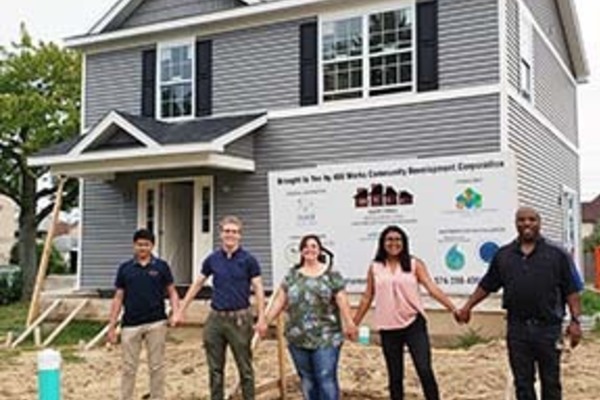
Advanced Manufacturing
To address the issue of a lack of affordable housing stock in the region, the Center for Civic Innovation and Commodore Homes Corporation are partnering to increase efficiency in the local production of modular homes by analyzing material usage and waste. By increasing efficiency and improving overall production costs, homes will be more affordable for low-income individuals and families.
-
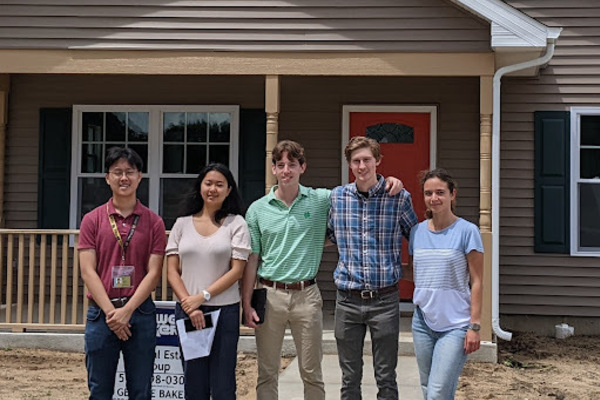
Affordable Housing
CCI partnered with Habitat for Humanity to determine whether it is possible to make alterations to Habitat homes to decrease the appraisal value of the home while still maintaining functionality. The team looked into options including a change to a monolithic slab foundation, construction that allows for discounted incremental building, duplex development, and a community land trust.
-
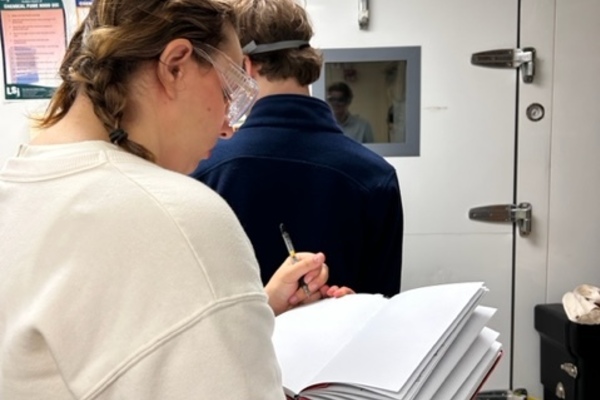
LeadRx
To address the serious lead poisoning issue that affects the South Bend region, the LeadRx team partnered with the Lucy Family Institute for Data & Society to provide information and resources for lead poisoning, prevention, and intervention. To achieve this goal, LeadRx created educational materials in both English and Spanish while also revamping a REDCap questionnaire that will aid health officials in guiding patients through lead treatment and remediation. LeadRx also created a publicly available, interactive dashboard that shows areas vulnerable to lead poisoning.
-
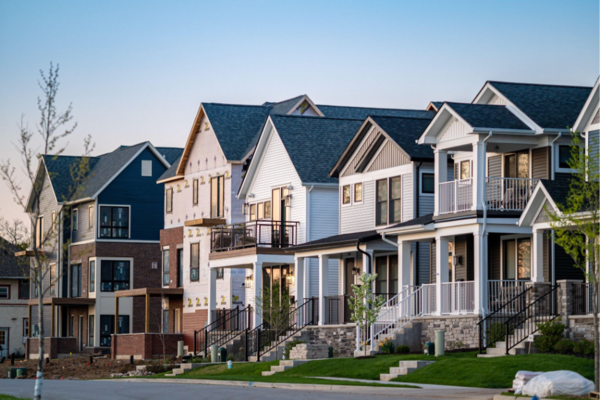
Pre Approved Building Plans
CCI partnered with the City of South Bend Department of Community Investment, independent consultants, and Notre Dame staff to test the viability of various housing designs on local lots. Interns developed site plans, proformas, and a final report with recommendations.
-
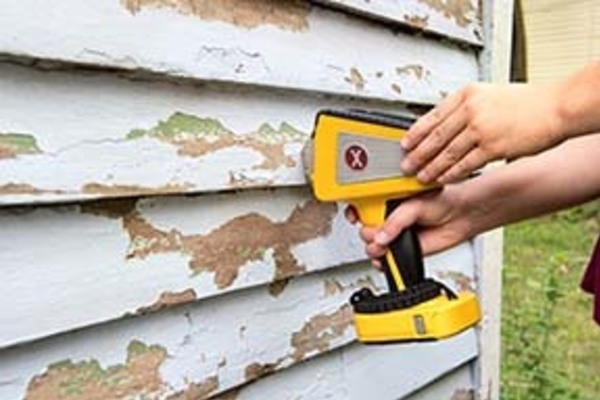
Safe and Healthy Housing
Approximately 80% of the South Bend housing stock was built before 1978, the year lead-based paint was banned in the United States, indicating widespread lead paint hazards in the community. CCI is working with partners to understand the Do-It-Yourself (DIY) mitigation strategies of each state, evidence-based DIY mitigation strategies, and whether recommendations provided by health departments is evidence-based.
-

Safe & Healthy Housing- Lead Remediation
CCI partnered with the Notre Dame Lead Innovation team to pilot the lead mitigation solutions that were researched by 2020 interns. Interns created a framework for the Lead Remediation Kit, recruited 7 participants and implemented the remediation strategy three times.
-
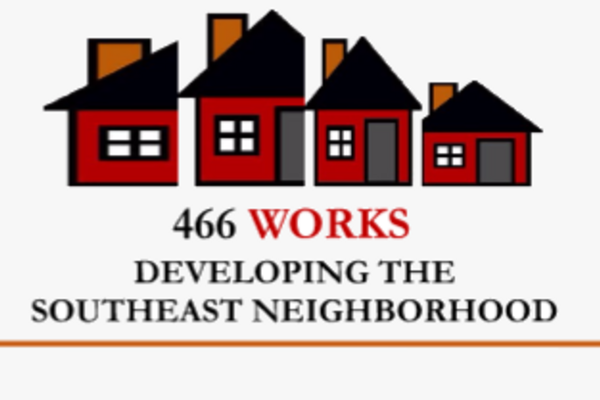
Southeast Neighborhood Housing Rehabilitation
CCI partnered with local community development corporation 466 Works to research housing rehabilitation best practices and created a process map for acquisition housing rehabilitation. 466 Works will be able to apply this process to future housing rehabilitation projects.
Partner Organizations
- 466 Works
- Southeast Area Organized Residents (SOAR)
- South Bend Heritage
- City of South Bend
- The Commodore Corporation
- Habitat for Humanity of St. Joseph County
- Notre Dame Fitzgerald Institute for Real Estate
Related Faculty
-

Dr. Heidi Beidinger-Burnett
-

Dr. Jay Brockman
-

Dr. Danielle Wood